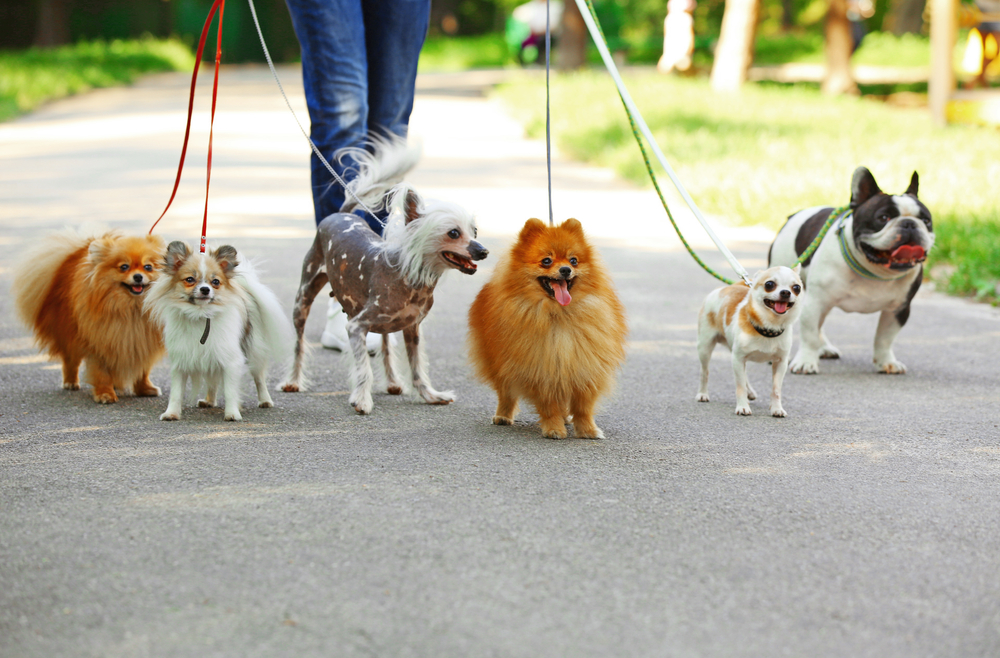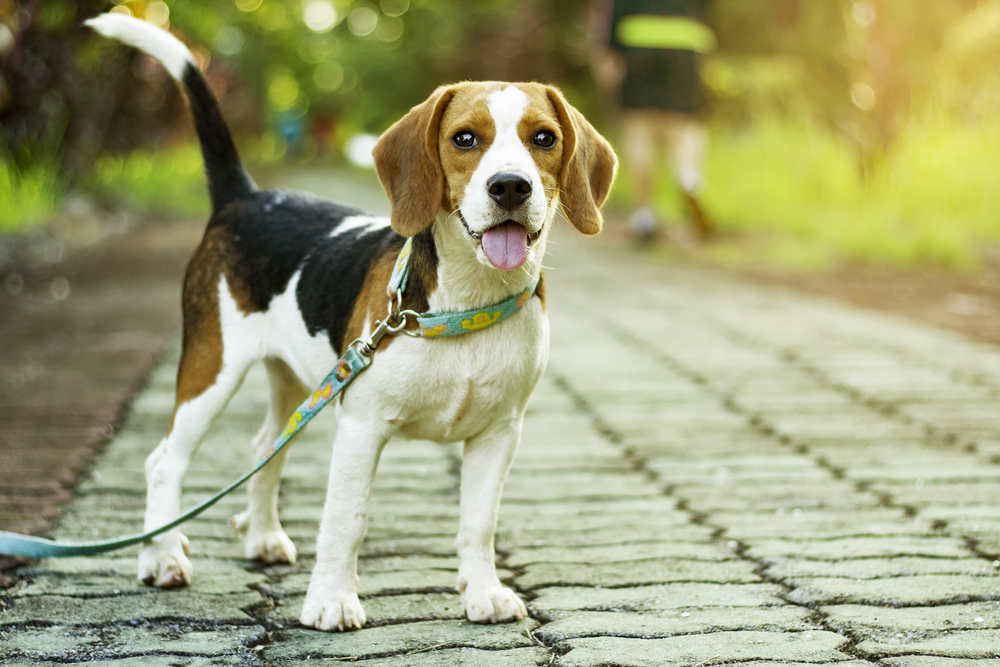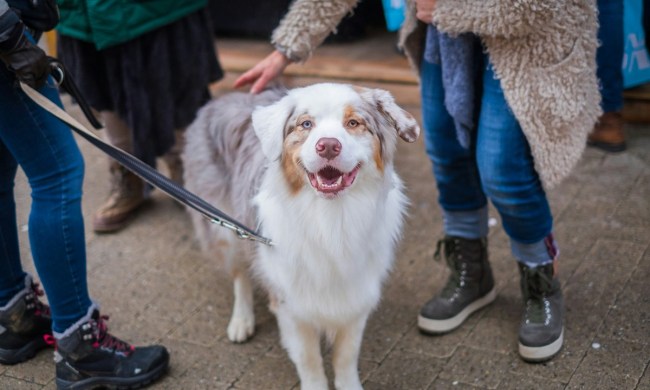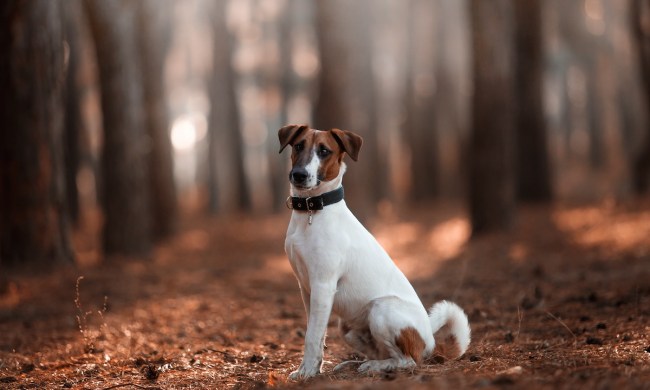Whether it’s spinning in circles, leaping for joy, whining uncontrollably, or just looking at you with expectation, your dog knows when you’re getting ready to take him on a walk. His exuberance is difficult to hide. Chances are, it’s one of his favorite times of day.
Conversely, watching you leave the house for the day probably ranks right there at the bottom of his list. Depending on your family’s schedule, this could mean your favorite canine is left alone for eight or more hours a day.
You have to work, of course, and not all employers are dog-friendly, so how can you provide him with a little exercise and companionship during the day? Hiring a dog walker might be the answer. This is how to find a dog walker you and your pet will love.

Do you need a dog walker?
If your dog is stuck at home all day while the rest of your family is at work or school, then maybe so. No doubt you’ve provided him with all the comforts of home; however, there’s no substitute for a good walk. It is beneficial for your dog in a variety of ways.
Depending on his age, size, and breed, your dog needs at least 30 minutes of exercise every day — as much as two hours for some dogs. Exercise is good for his physical health, helping minimize the risk of developing obesity and its heart-related issues, and increasing circulation, which benefits his muscles and joints. Physical activity is also a great way to prevent destructive behavior — such as excessive barking, chewing, and digging — that comes from simply being bored.
Additionally, exercise is mentally stimulating. The sights and, especially, smells your dog encounters along the way help him learn about the world around him. This keeps his mind sharp, which is a good way to slow the progression of dementia in later years.

Where to find qualified candidates
Finding the right dog walker for your pet takes a little effort, but it’s worth the investment. You’ll want a responsible, dependable individual who loves dogs and knows what to do in an emergency. Where should you look for these individuals?
- Ask around. Chances are, someone you know already has a dog walker they would love to recommend.
- Look online. Several different websites, such as Wag!, Rover, and Barkly, provide listings of qualified individuals in your area.
- Check social media sites such as Facebook and Nextdoor, especially on pages that cater to pet owners.
- Inquire at your local pet supply stores to see if they have employees who walk dogs on the side or maintain a list of area residents who offer dog walking/sitting services.
What to look for in a good dog walker
Once you’ve identified a few candidates to interview, plan to meet them with your dog to observe how they interact. How does your dog respond? How do the two of you get along? First impressions are important.
While you’re together, ask each candidate the same questions:
- What is your experience with dogs like mine?
- How long do you usually spend on a typical walk?
- How many dogs do you walk at a time?
- Do you have any training in pet first aid?
- How much do you charge?
As part of the conversation, make sure they understand your expectations. Notice how they react when you share specific information about your pet’s behavior and special needs.
Of course, you’ll want to hire someone you can trust, too. After all, you’ll be giving them access to your home. Before you hand over the keys, check with your insurance agent to make sure you’re covered in case of any accidents.
Do you need a dog walker? Only you can decide whether the time you spend away from your dog each day is significant enough to warrant hiring one. But if you do decide to employ some help, here’s another tip: A dog walker can partner with you to provide your pup with the exercise he needs during the day, as long as he has enough energy left to interact with you when you get home. The last walk of the day — or the last game of fetch, or the last round of tug-of-war — is something you should both look forward to when the day is done.


